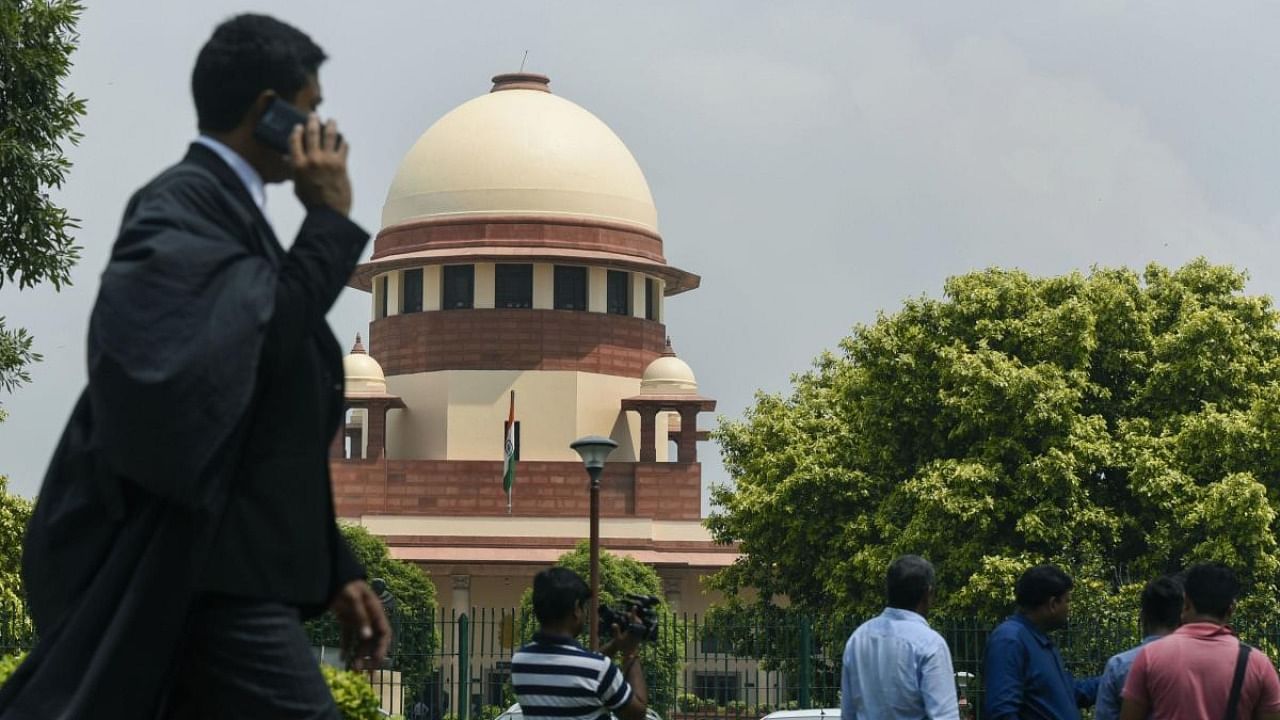
The Supreme Court on Thursday agreed to examine a plea by the Tamil Nadu government and others against the Madras High Court's judgment which quashed the law on internal reservation of 10.5 per cent to the Vanniyar community under the Most Backward Classes category.
A bench of Justices L Nageswara Rao, B R Gavai and B V Nagarathna issued notice to those, who challenged the law before the HC, and sought their response in the matter.
The top court posted the matter for consideration on February 15 and 16 and clarified that no adjournment would be granted in view of importance of the matter and its implications on admission to educational institutions and appointments to jobs.
The court also said the High Court's interim order would continue and that admissions or appointments already made under the quota will not be disturbed.
The Tamil Nadu government, political party PMK and others challenged validity of November 1, 2021 judgement of the Madurai bench of the High Court, which had declared Tamil Nadu Special Reservation of Seats in Educational Institutions and Appointments or Posts in Services under the state within the Reservation for the Most Backward Classes and Denotified Communities Act, 2021 as ultra vires the provisions of the Constitution. The High Court found that the state lacked competence to allow such a sub-classification without any study of their backwardness.
In its plea, the state government claimed that there were copious materials including various reports and data available to indicate Vanniyars were more backward among the Most Backward Classes.
Senior advocate A M Singhvi, appearing for the state government, contended that Indra Sawhney judgement (Mandal Commission) recognised the concept of sub-classification among backward classes.
The bench, however, said that arguments have to be made on the point of the competence of the state Legislature to enact the law.
The High Court had also said the state lacked the competence to pass the law as it was brought before the 105th Constitutional Amendment which restored the power of states to identify Socially and Educationally Backward Classes by nullifying the effect of the Maratha quota judgement.
Watch latest videos by DH here:
